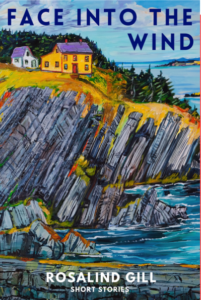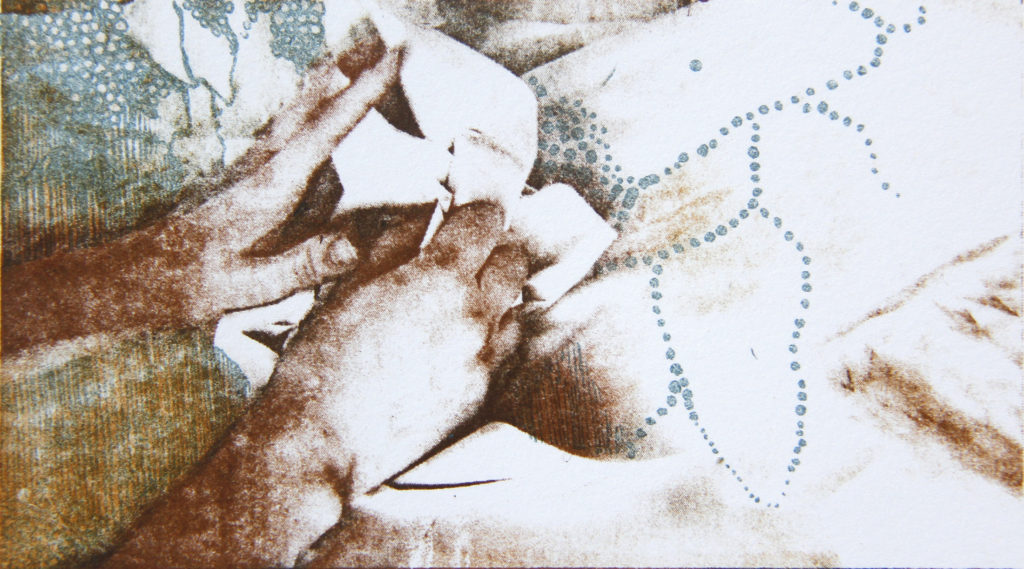Each story came from a grain of sand in my imagination: Rosalind GIll releases second collection of short fiction
February 2024
Can you tell us a little about yourself?
I’ve been fascinated by language all my life. I grew up in St John’s, attended Bishop Spencer College and did my BA in French and German at Memorial. Then I taught ESL in France for a few years before completing graduate work at McGill. I was offered a teaching position at Glendon College, York University in 1974 and spent my whole professional life teaching French and Translation Studies there. I also translated a number of books and eventual added Spanish to my repertoire of languages. For many years I volunteered my translation services to Rights Action, a human rights group that helps indigenous peoples in Central America fight for their rights against mining companies – many of which are Canadian.
I have lived in Toronto for many years but have maintained close ties with Newfoundland. And I have always written fiction alongside my academic work. Over the years, my short stories and literary translations were published in various Canadian journals. In my retirement, I returned to Newfoundland even more frequently to attend writer’s workshops and I eventually published two collections of short fiction, Too Unspeakable for Words (Breakwater 2017) and Face into the Wind (Mosaic Press, 2023).

Many of these stories are set in post-Confederation St John’s; is there an autobiographical element to them?
Absolutely. I really enjoy evoking events and contexts of the St John’s of my youth. And my readers have told me they enjoy the re-telling of those times as well.
What else motivates your writing?
There are many motivations. Some stories are a rant – a chance to express feelings about things that happened. “Blinkers” in my latest collection would be an example of that. Sometimes I hear about something that intrigues me and I decide to write a story about it. “Hoist Your Sails and Run” was motivated by a friend telling me her little granddaughter liked to keep secrets – the thought of a little girl and her secrets sent my imagination soaring. I also think that my stories have been a way for me to constantly return home and satisfy that sense of belonging that so characterizes our culture. Who knows where the urge to write comes from – but I have always had it. Even as a child attending Bishop Spencer College, I laboured and agonized over the “compositions” we were given as homework.
What was the timespan for creating these stories, and how did the collection come together?
I spent about three years putting the collection together. The stories cover modern times and olden times and a variety of settings and topics. Each one came from a grain of sand in my imagination. Some had been rolling around in my mind for years.
Do you have a favourite among them?
I like “Goodness” because it is in honour of my mother, who was a nurse and worked hard at her job. But I also like “Honour Silence” because it allowed me to review the intense experience of being educated at Bishop Spencer. “Spencer” girls lived a bi-cultural experience – Newfoundland culture at home and British culture at school. What richness!
What artwork, not necessarily of literature, inspires you?
David Blackwood’s authentic and moving evocations of Newfoundland helped me understand what I was aiming for in my stories.
Do you have a piece of writing advice you’d like to share?
I found the writer’s workshops I attended extremely helpful. Rigorous feedback is invaluable to a writer.
Photo credit: Ali Kazimi



